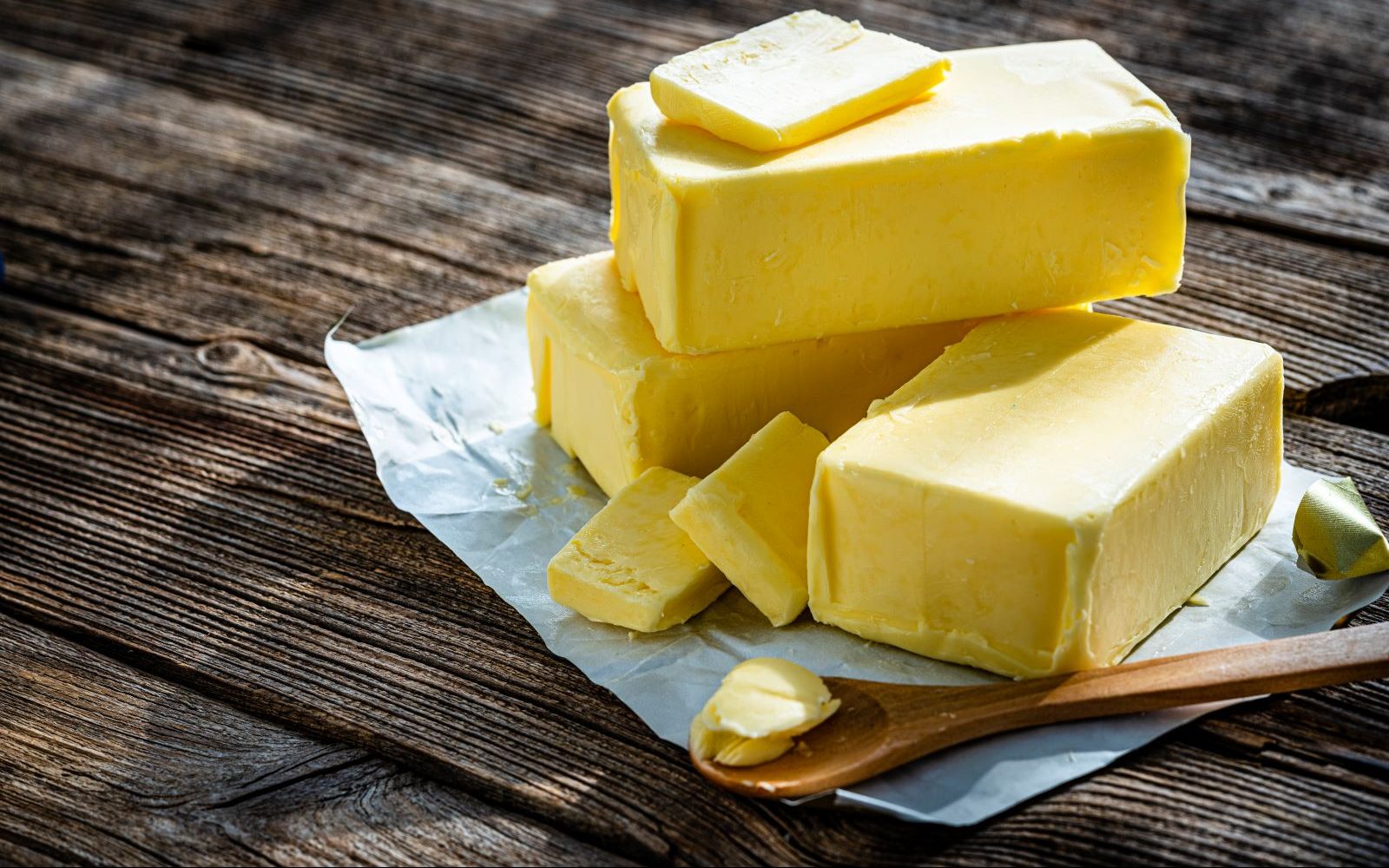Cooking at home can be a great way to cut down on calories and fats, and take control of your eating habits. But how much do you really know about your go-to ingredients?
Whether you opt for butter or margarine, you’re bound to consume some fat. But the trick, according to Jamie Allers, RD, with Hartford HealthCare’s Digestive Health Institute, is choosing the right ones.
Butter
Made from heavy cream, butter is notoriously high in saturated fat. These fats raise “bad” cholesterol (low-density lipoprotein, or LDL), which can increase your risk of heart disease.
Here’s the upside – butter is rich in nutrients like calcium, and contains compounds linked to lower chances of obesity. It’s high in beta-carotene, a compound that your body converts into vitamin A, which lowers risks of lung and prostate cancer. It also contains vitamin D, vital for bone growth and development, and vitamin E, which plays a role in skin health.
Margarine
Fortunately, not all fat is bad. Unlike butter, margarine is high in unsaturated fats, which can lower cholesterol and improve overall heart health.
But margarine is also high in trans fats, Allers cautions. “Trans fats are the worst type of fat for you,” says Allers. “It’s so bad that there is now legislation across the country that regulates manufacturers’ use of trans fats in their products.”
These are particularly dangerous, because in addition to raising bad cholesterol, they also lower levels of good cholesterol (high-density lipoprotein, or HDL).
> Want more health news? Text StartHere to 85209 to sign up for text alerts
Keep your options open
Luckily, butter and margarine aren’t the only options. On your next trip to the grocery store, look for butter alternatives made with olive or avocado oil, or butters made with milk from grass-fed cows. These are higher in vitamin A, beta-carotene and omega-3 fats, which help prevent heart disease and stroke, may help control lupus, eczema, and rheumatoid arthritis, and play protective roles in cancer and other conditions.
But remember to always check the product labels, Allers warns. Butter substitutes can be full of additives, both natural and chemical.



